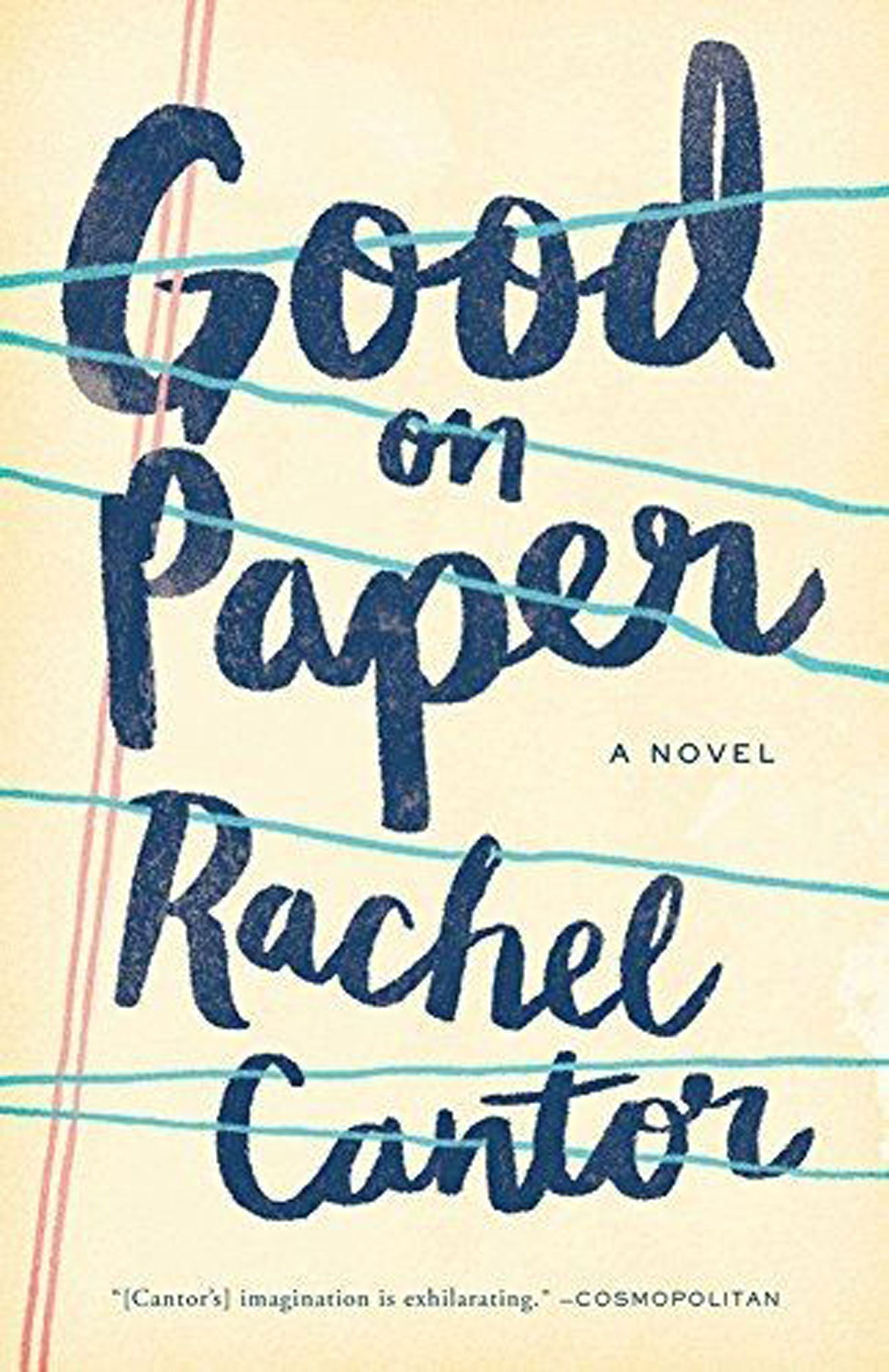Good on Paper by Rachel Cantor, book review: An intriguing take on Dante
Shira is an irritating narrator, her verbal tics sashaying between airheaded whimsy and postmodern persiflage

Manhattan, 1999: Shira is a single mother, raising her daughter Andi with gay co-parent Ahmad, while earning a parlous living in serial temping jobs. She sleeps in a "single bed (natch)"; Ahmad's conquests are hardly "old enough to have beards, ha ha". On the strength of her early translation of Dante's biographical Vita Nuova, Shira is approached by a mysterious postmodern poet, Romei, a Romanian Catholic son of a Jewish mother living in Rome: would she translate his new work and earn a serious sum of money? A new life beckons.
But it doesn't. Shira falls out with Ahmad; she fails Andi; her romance with Benny unhinges her. Benny's a rollerblading, vegan rabbi who owns the "People of the Book" book shop. Shira is an irritating narrator, her verbal tics sashaying between airheaded whimsy and postmodern persiflage; fun with her cute daughter and scholarly riffs on Dante and abstruse translation theory.
The novel's twin poles are the idealist Dante and the postmodern Romei, a kind of anti-Dante who denies the possibility of "New Life"; his "mind was empty... in a barren, all-there-is-is-void" way. When Shira sets about the task of translation, she's confounded by the vortex of Romei's psyche. She can't enter into his thought processes, to enjoy the "rare kind of intimacy. Like sex done right", which allows a translator to conjure an equivalent to the original text. Romei's obfuscations are of the narcissistic, entropic variety favoured by postmoderns, trapping his translator in a vertiginous world of double-bound plagiarism and equivocation. Romei's poem deconstructs the Vita Nuova and plagiarises Shira's own translation and short stories. Round and round we go.
Who is Romei? An absence. He communicates only by phone, in cryptic mockery of his translator. As a literary device, Romei belongs to a tribe of fictive poets and novelists in quest narratives – the imaginary poet of James' The Aspern Papers, Antonio Muñoz Molina's Solana in A Manuscript of Ashes, Carlos Ruiz Zafón's Julian Carax in The Shadow of the Wind. Good on Paper has been compared with Possession but has none of the linguistic virtuosity of AS Byatt's masterpiece.
Absorbed in the exuberantly ludic strategies of metafiction and intertextuality, the author's jeu d'esprit does generate some erudite fun. The characters, if confected, are at least sassy. Good on Paper reminds us to renew acquaintance, in a quieter place, with the dolce stil nuovo of the original Vita Nuova.
Melville House, £18.99. Order for from the Independent Bookshop: 08430 600 030
Join our commenting forum
Join thought-provoking conversations, follow other Independent readers and see their replies
Comments